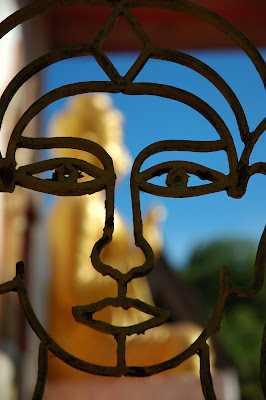When We Don’t Make Anything “Wrong”

Sometimes when I talk about Radical Acceptance, I like to tell the story about Jacob, a man who at almost seventy and in the mid-stages of Alzheimer’s disease attended a 10-day retreat I was leading. A clinical psychologist by profession and a meditator for more than twenty years, Jacob was well aware that his faculties were deteriorating. On occasion his mind would go totally blank; he would have no access to words for several minutes and become completely disoriented. He often forgot what he was doing and usually needed assistance with basic tasks—cutting his food, putting on clothes, bathing, getting from place to place. Photo Credit: Shell Fischer A couple of days into the retreat, Jacob had his first interview with me. These meetings, which students have regularly with a teacher while on retreat, are an opportunity to check in and receive personal guidance in the practice. During our time together Jacob and I talked about how things were going bo...




